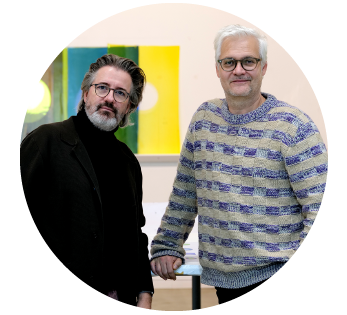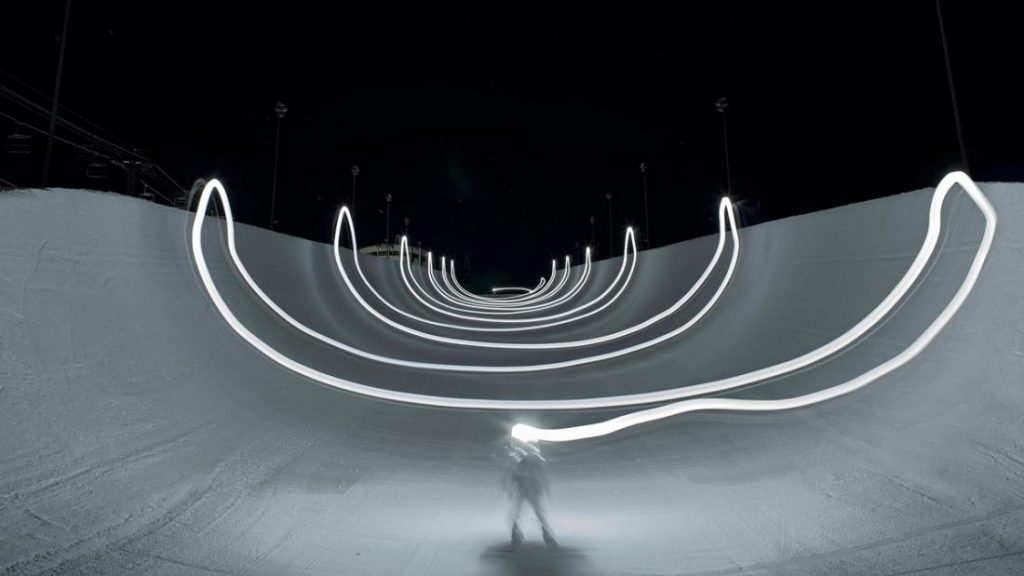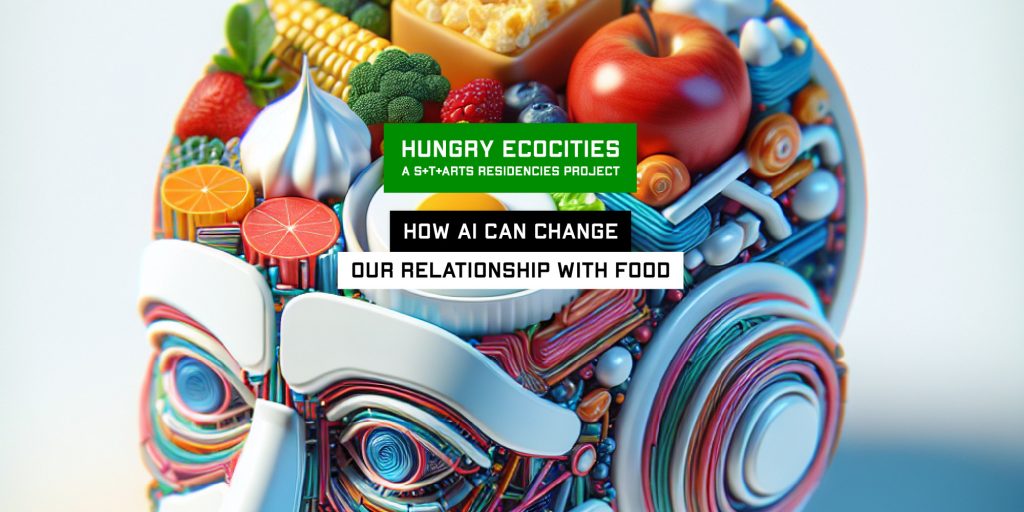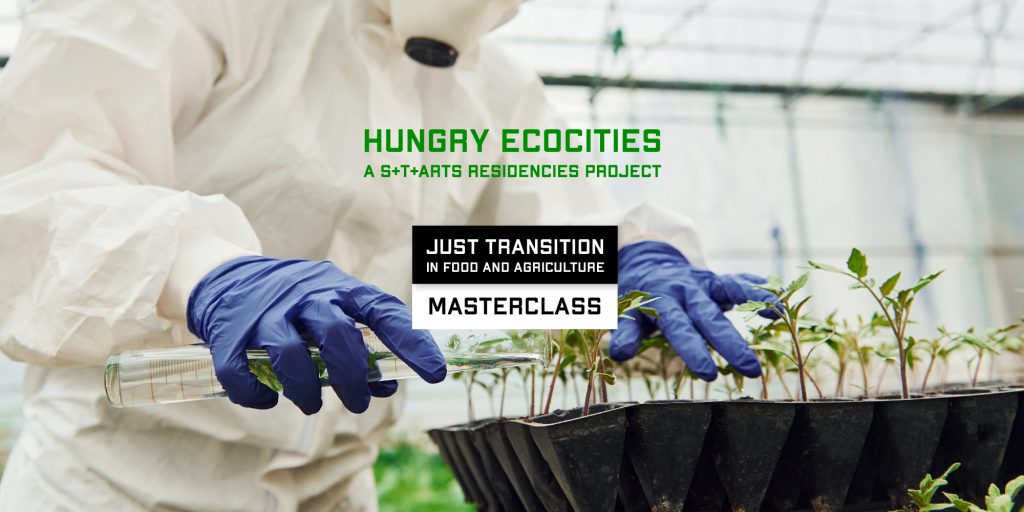Interview with Studio Other Spaces
Welcome to our interview series with the partners running HUNGRY ECOCITIES. In this interview with Sebastian Behmann we will learn more about Studio Other Spaces and their role in the project!
 | Sebastian Behmann is co-founder of the architectural firm Studio Other Spaces and heads the design department at Studio Olafur Eliasson. Born in Germany in 1969 and educated in architecture at TU Dresden, Behmann began collaborating with Eliasson in 2001. Together, the two have designed numerous architectural works. These include pavilions, installations and international exhibitions. Behmann was the head architect for the facade design of the Harpa Reykjavik Concert Hall and Conference Centre, whose shimmering glass facades were developed by Studio Olafur Eliasson in collaboration with Henning Larsen Architects. As co-founder of Studio Other Spaces, Behmann has led the development of projects including Common Sky, The Seeing City, Vertical Panorama Pavilion, the design of Lyst Restaurant in Vejle’s Fjordenhus and the Meles Zenawi Memorial Park (2013–23) in Addis Ababa. |
Thank you, Sebastian, for being with us today! Can you please share a brief introduction to Studio Other Spaces and your main activities?
Yes, of course! After working on large-scale artworks together for many years, Olafur Eliasson and I founded Studio Other Spaces. We wanted to create a platform where architecture and art can collaborate not only together but also with other disciplines by way of spatial experimentation. Our work explores all aspects of a project through each stage of development – from before its inception to its life or reuse. We explore the atmospheric and intangible qualities of the specific locations, materialities and physical movement to shape space, aiming to choreograph environments that invite visitors to reflect on how they connect with their immediate surroundings. Our research includes spatial, historical, ecological, social, and emotional parameters of a site and its users. We draw on traditional tools, production methods and materials, as well as state-of-the-art design tools, fabrication methods, and innovative media.
What’s Studio Other Spaces’s role in the Hungry EcoCities project?
Supported by State Studio, we are focusing on making visible and communicating challenges surrounding various types of industrialised food production and the viable adaptations and alternatives that we think need to change in our existing food systems. Our contribution is to emphasise vocational and civic education as a way to understand food heritage and create change in food systems and cultures. The modes of storytelling and examples of best practices needed to shift habits and expectations around food consumption and enjoyment are also important aspects of this project for us.
“Our contribution is to emphasise vocational and civic education as a way to understand food heritage and create change in food systems and cultures. We believe that best-practice cases and prototypes for innovation concerning food will be different across cities located in various geographies and need to be examined and adapted for local circumstances.“
What motivated Studio Other Spaces to be part of this project?
Our work at Studio Other Spaces has always been about investigating existing structures and questioning boundaries, finding new perspectives and connecting with people to enable new dialogues on issues we believe need to be addressed. Our values, areas of interest and projects supporting critical thinking have always fueled our curiosity and experimentation. The Hungry EcoCities project allows us to apply these methods and combine them with the potential of AI.
What do you expect from the results of HEC, particularly in terms of a more healthy, sustainable, and affordable agri-food system for all?
While some of the insights and solutions that we hope to generate through Hungry EcoCities may have global applications, we believe that best-practice cases and prototypes for innovation concerning food will be different across cities located in various geographies and need to be examined and adapted for local given circumstances – climates, population densities, cultural contexts, differing food policies and political ideals. So, instead of understanding results as applicable solutions or prototypes for any place, our main goal is to work on local solutions and build up networks that can provide answers for creating new food cultures that work for the people affected.

Your exhibition “Räumliche Solidaritäten” (Spatial Solidarities) for Das Gelbe Haus in Flims, Switzerland, incorporates some of the progress you’ve already made in terms of these local conditions. Could you elaborate on what can be seen there?
The exhibition aims to create spatial solidarities between the city and the countryside. We want to show perspective on how they are often confused as opposites but are dependent and together form a larger fabric, with each element contributing. In this context, looking at local conditions can mean examining these interdependencies and creating new narratives that can replace the old, unproductive ones. The exhibition displays projects by Studio Other Spaces in dialogue with local initiatives and projects, all dealing with topics that are important to our way of working. Hungry EcoCities is an important project to display our food systems and agriculture research. Therefore, we have included a project description, the HEC booklet and portraits of the artists in residence with whom we will be collaborating for the project.
This project has received funding from the European Union’s Horizon Europe research and innovation programme under grant agreement 101069990.

